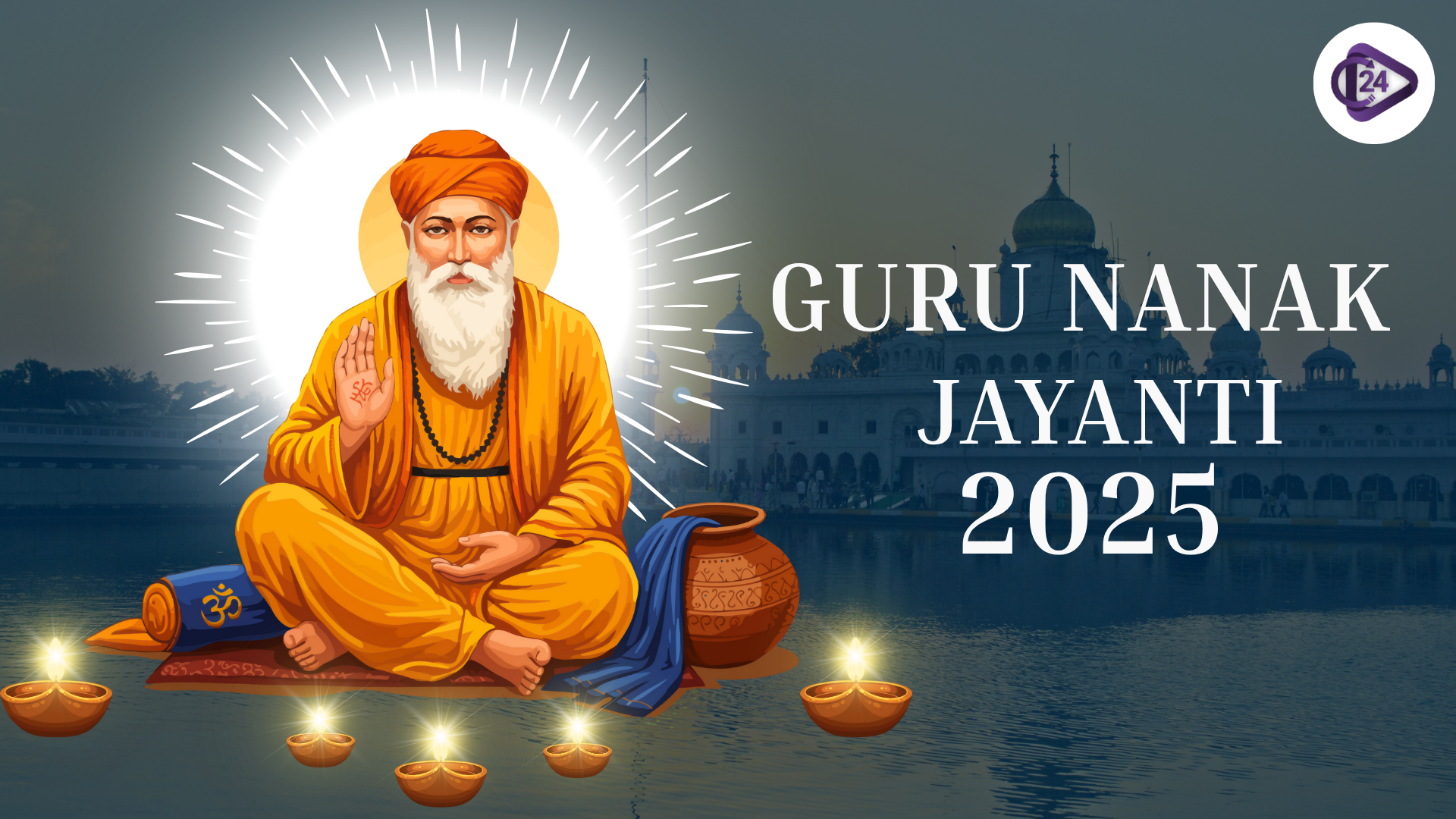
Guru Nanak Jayanti 2025 is an annual celebration of the birthday of Guru Nanak Dev Ji and the founder of Sikhism and the first of the ten Sikh Gurus. Guru Nanak Jayanti of 2025 will be observed on Wednesday, November 5, and it will be celebrated with full religious zeal and enthusiasm by Sikhs all around the world. The festival celebrates the teachings of Guru Nanak as an equal, peaceful, and selfless servant of humanity. Devotees come to gurdwaras and also attend Nagar Kirtans and Langar Seva (community kitchens). Such a holy day makes people want to choose the way of truth, compassion, and unity, a message of harmony and universal brotherhood.
Cultural Significance of Sikh Festivals and Ceremonial Traditions
Guru Nanak Jayanti is a festival that is celebrated with zeal in gurdwaras and Sikh societies around the world. There are usually celebrations that involve.
- Akhand Path: 48-hour recitation of the Guru Granth Sahib.
- Prabhat Pheris: Morning processions are singing devotional songs.
- Nagar Kirtans: Processions of colour and the Panj Pyare (Five Beloved Ones), hymns, and performances.
- Langar: Community kitchens with free meals to all, regardless of religion and background, are a symbol of equality.
Historical Moments of Sikhism Religious
- Guru Nanak Dev Ji (1st Guru): Sikhism was started by Guru Nanak Dev Ji (belief in one God (Ik Onkar) and equality and selfless service); the Langar system was also introduced.
- Guru Angad Dev Ji (2nd Guru): Invented the Gurmukhi script, encouraged education, and maintained the tradition of the community kitchen.
- Guru Amar Das Ji (3rd guru): Promoted the equality of women; Sati and purdah were banned, and Anand Karaj (Sikh marriage ceremony) came into existence.
- Guru Ram Das Ji (4th Guru): He established Amritsar and commenced building the holy pool (Amrit Sarovar).
- Guru Arjan Dev Ji (5th Guru): Wrote the Adi Granth, constructed the Golden Temple, and was the first Sikh martyr.
- Guru Hargobind Ji (6th Guru): Miri-Piri (symbol of spiritual and temporal power) was introduced, and self-defence was stressed.
- Guru Har Rai Ji (7th Guru): Distributed altruism, upheld the Sikh army, and offered free herbal medicine.
- Guru Har Krishan Ji (8th Guru): A guru who served the victims of smallpox in Delhi was a symbol of purity and compassion.
- Guru Tegh Bahadur Ji (9th Guru): A secondary defender of religious liberty, and he gave up his life to safeguard human rights.
- Guru Gobind Singh Ji (10th Guru): In 1699, he started the Khalsa, taught courage and equality, and made Guru Granth Sahib the eternal Guru.
Conclusion
The event Guru Nanak Jayanti 2025 is a beautiful way to commemorate the birth of Guru Nanak Dev Ji, who taught unity, equality, and selfless service. The festival is a reminder to the human race that they should be guided by the truth and compassion. Devotees praise his teachings using prayers, kirtans, and langar and share the message of universal brotherhood and peace.



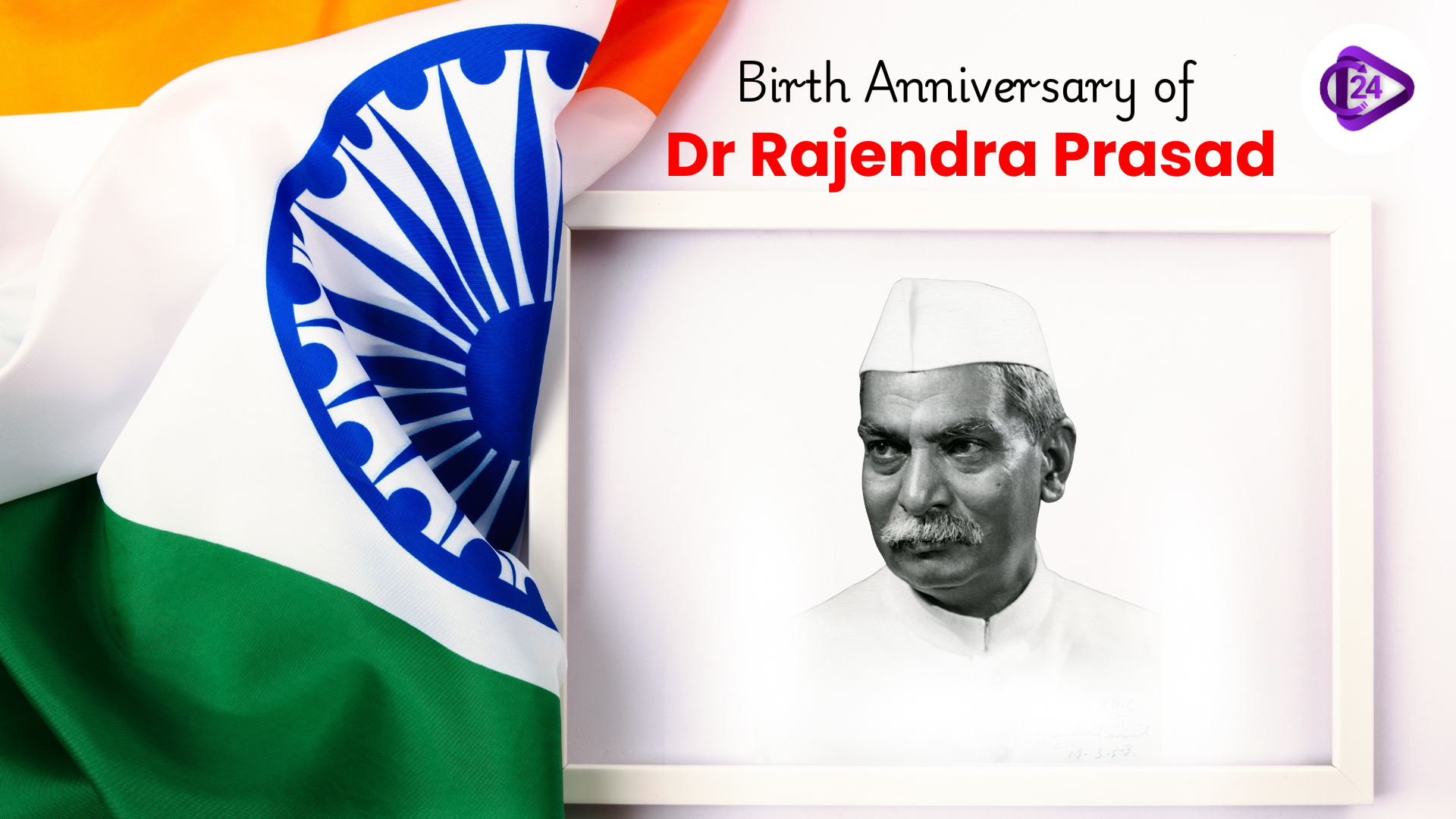 Birth Anniversary of Dr Rajendra Prasad
Birth Anniversary of Dr Rajendra Prasad Tessy Thomas Achieves Major Recognition With Dr Paulos Mar Gregorios Award 2025
Tessy Thomas Achieves Major Recognition With Dr Paulos Mar Gregorios Award 2025 Ramban Sulai Honey GI Tag: A Major Win for Traditional Beekeeping
Ramban Sulai Honey GI Tag: A Major Win for Traditional Beekeeping India Secures Third Rank in Asia Power Index 2025
India Secures Third Rank in Asia Power Index 2025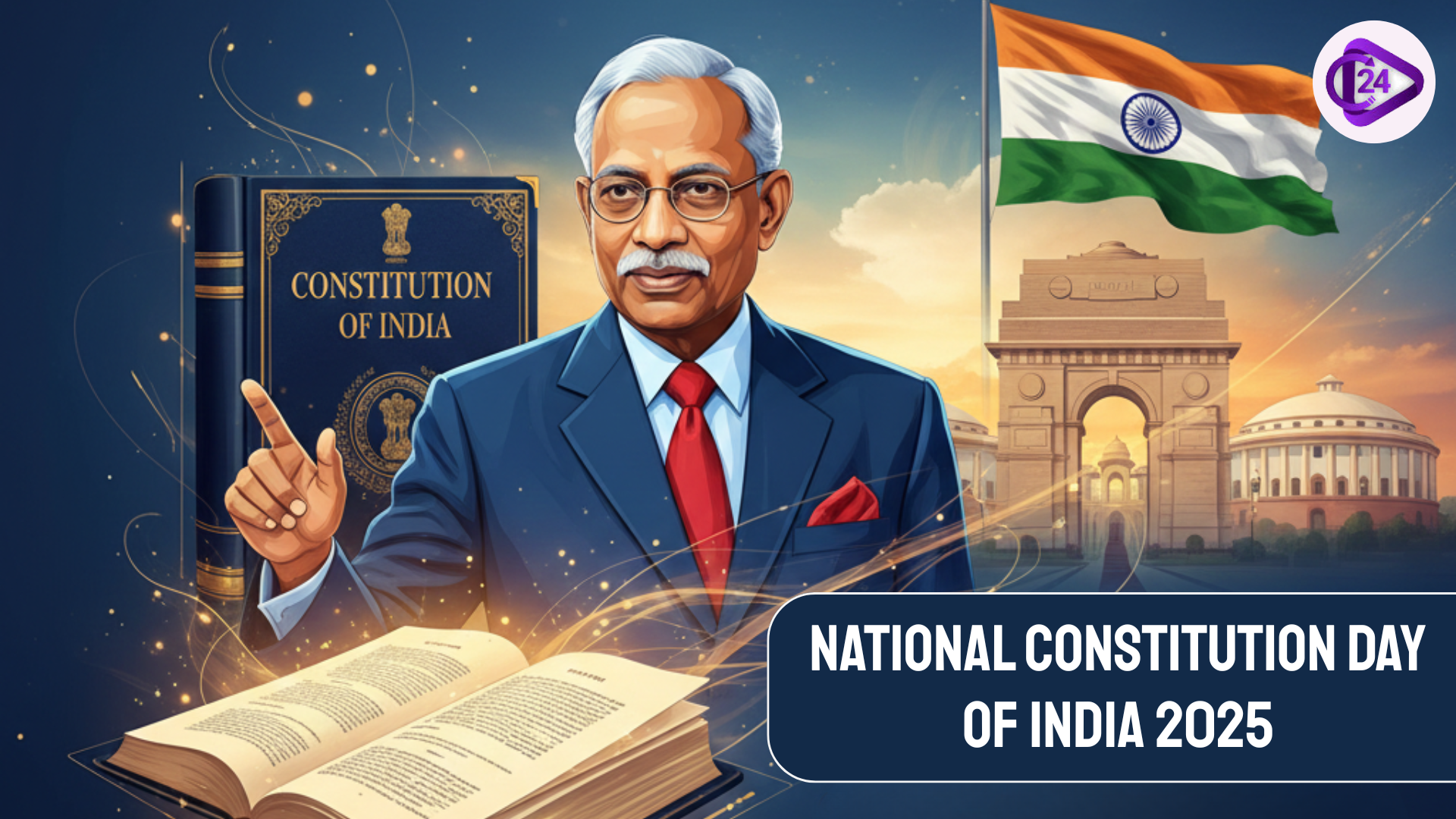 Constitution Day of India 2025: History, Meaning and Timeline Explained
Constitution Day of India 2025: History, Meaning and Timeline Explained India Launches ₹7,280 Crore Initiative to Develop Rare Earth Magnet Manufacturing
India Launches ₹7,280 Crore Initiative to Develop Rare Earth Magnet Manufacturing Assam Government Introduces Bill to Ban Polygamy with Strict Penalties
Assam Government Introduces Bill to Ban Polygamy with Strict Penalties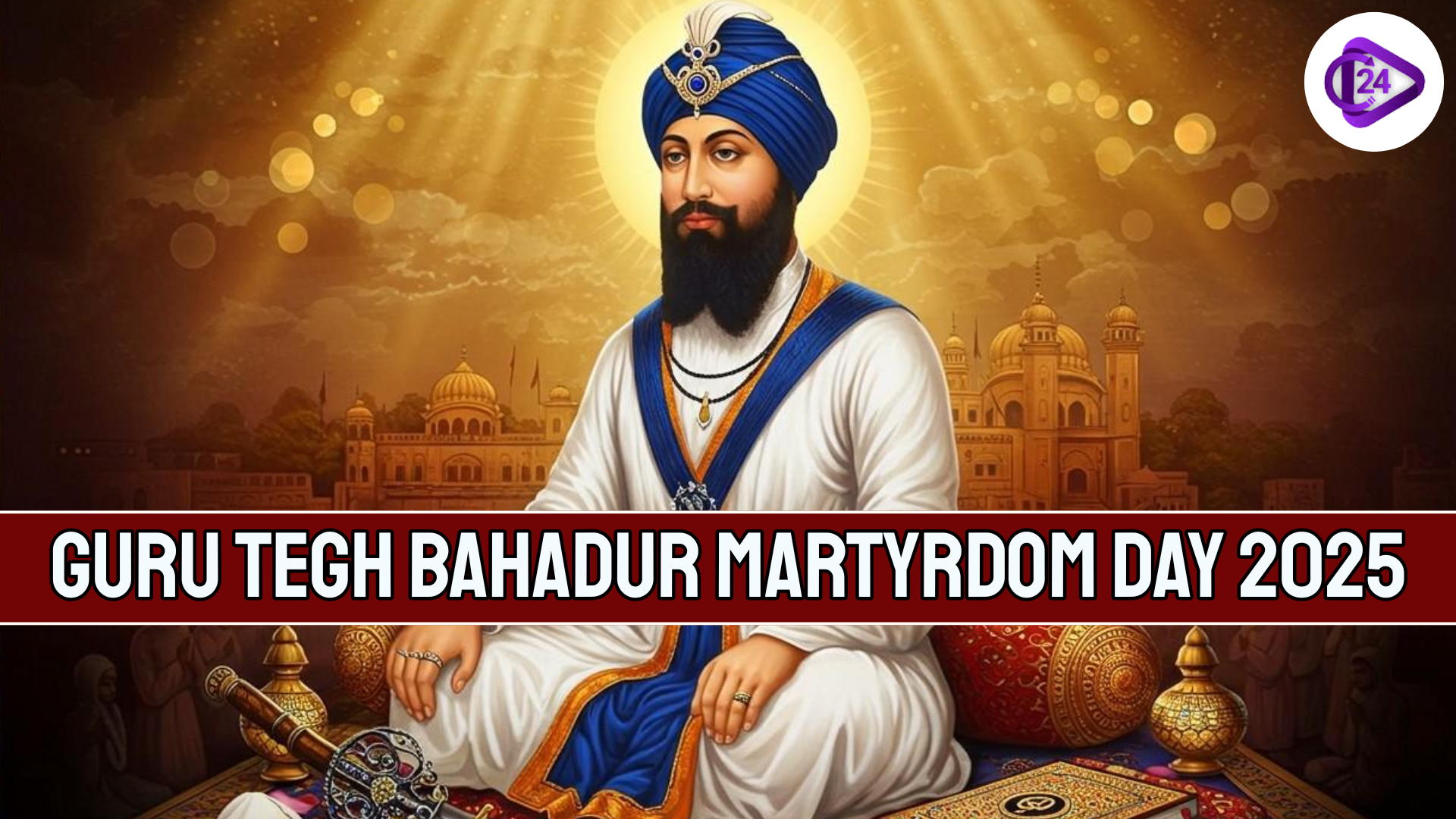 Guru Tegh Bahadur Martyrdom Day 2025 A Tribute to Courage and Spiritual Strength
Guru Tegh Bahadur Martyrdom Day 2025 A Tribute to Courage and Spiritual Strength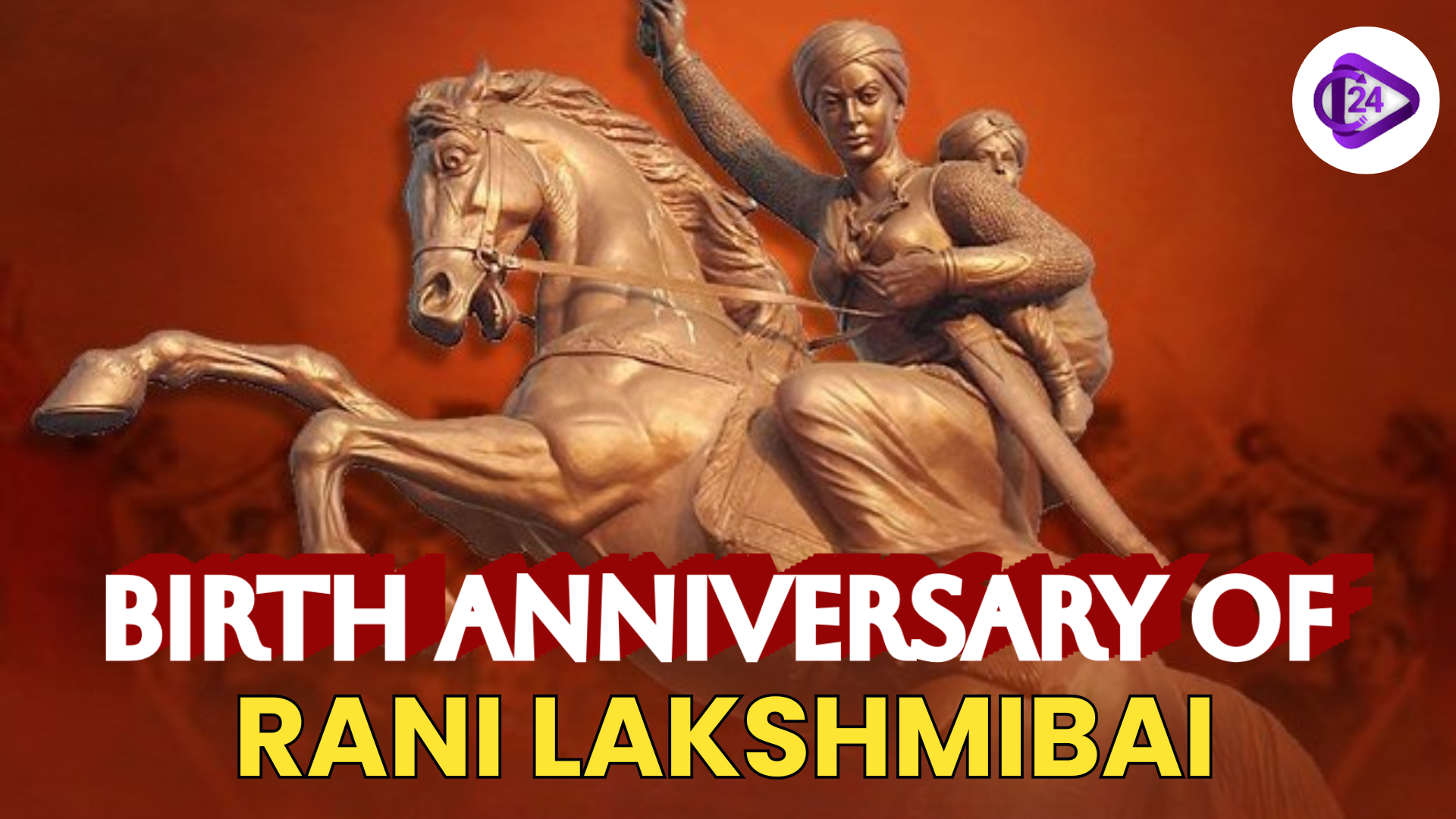 India Pays Tribute to the Birth Anniversary of Rani Lakshmibai
India Pays Tribute to the Birth Anniversary of Rani Lakshmibai Kinnaur’s Raulane Festival Celebrates Nature’s Mystical Guardians
Kinnaur’s Raulane Festival Celebrates Nature’s Mystical Guardians






